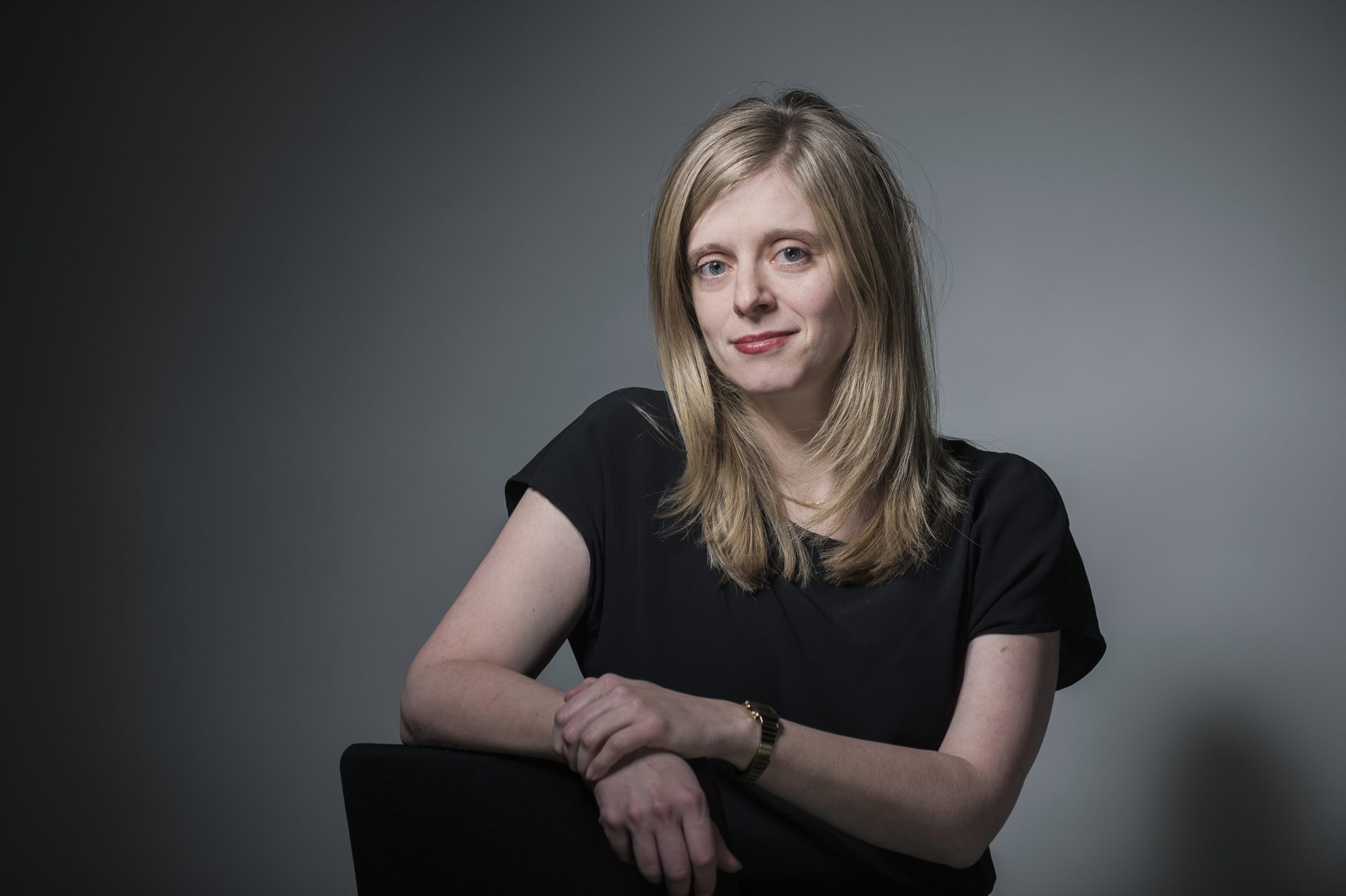
“We know where each student is anytime – which is virtually all the time – their mobile devices are connected to our WIFI network. When they enter their dorm, or dining court, or recreational facility, they swipe in, and a machine captures the time and place.”
At Purdue University, every student is tracked with a system called ‘Academic Forecast‘. In 2018, Rector Mitch Daniels wrote an op-ed about it in The Washington Post; the fragment above is from this piece.
Not only data from students’ files, such as grades and the number of log-ins in the course management system, are collected, but also where they are located on campus, such as in the campus gym or in one of the dining facilities. Next, correlations are searched for. The data is also compared with data of successful students from previous years. Daniels writes: “Does the data say that too many days away from campus, or too many absences from class, or too much in-class browsing of websites unrelated to the course, or too few visits to the gym, correlates with lower grades? Does eating meals with the same people day after day appear to help scholastic performance? If so, shouldn’t we bring this to the students’ attention, for their own good?”
Spurious Correlations
The Spurious Correlations website is full of correlations. The more mozzarella is eaten in the US, the more civil engineering doctorates are awarded. And the more films Nicolas Cage appears in, the more people drown by falling into a swimming pool. Which shouldn’t be a reason to stay away from swimming pools when a new film with Cage is premiering. Because: correlation is not causation. Still, students are given a ‘nudge’ based on correlations if their behaviour needs to be adjusted. ‘For their own good’, says rector Daniels. But is it? Control, and possibly even bad science, is presented as ‘care’.
Control, and possibly even bad science, is presented as ‘care’.
‘Academic Forecast’ is sold under the heading of ‘success’. The system “uses that information to show you where you stand on each behaviour, so you can see whether you are on track to be a successful student.” (academicforecast.org). What does that mean, success? To graduate as soon as possible? Steve Jobs, Bill Gates and Mark Zuckerberg, who are considered very successful by many people, were all drop-outs. And if the number of visits to the sports club guarantees academic success, I personify academic failure. The system only allows a narrow view of success. Shouldn’t a successful student also think critically and autonomously?
The lost father
Even without a ‘nudge’, students have to learn how to overcome problems. And learn to pay for the consequences of certain behaviour. In Herman de Coninck’s poem ‘Parabel van de verloren vader‘ (Parable of the Lost Father), the father is saddened to see how his son constantly expresses other people’s opinions. His paternal advice is: “Your own life, start with your damned own life, / and come back in ten years’ time with sadness / instead of righteousness, for example after one or two marriages”. Like Immanuel Kant stated: becoming an adult is “to use one’s own mind without another’s guidance”. The road to autonomy, resilience and adulthood is a winding road of trial and error that you can’t just show in excel sheets. The current urge for measurement and efficiency is diametrically opposed to space and giving trust, as the father showed in the poem.
The road to autonomy, resilience and adulthood is a winding road of trial and error that you can’t just show in excel sheets.
What does Academic Forecast do with the autonomy of young adults in a generation that is often already closely tracked by their parents? The system does not even allow for an opt-out: the data are collected anyway. You can only choose not to see your own data, and therefore not to compare it with that of all the others. The only opt-out you get is less competition with others.
Purdue is an engineering university. The fact that future engineers are already accustomed to monitoring worries me. Unless they use their technological ingenuity and autonomy to find ways to circumvent the system. In that case, I would have trust in it.
About this column:
In a weekly column, alternately written by Eveline van Zeeland, Jan Wouters, Katleen Gabriels, Maarten Steinbuch, Mary Fiers, Carlo van de Weijer, Lucien Engelen, Tessie Hartjes and Auke Hoekstra, Innovation Origins tries to find out what the future will look like. These columnists, occasionally supplemented with guest bloggers, are all working in their own way on solutions for the problems of our time. So tomorrow will be good. Here are all the previous episodes.








